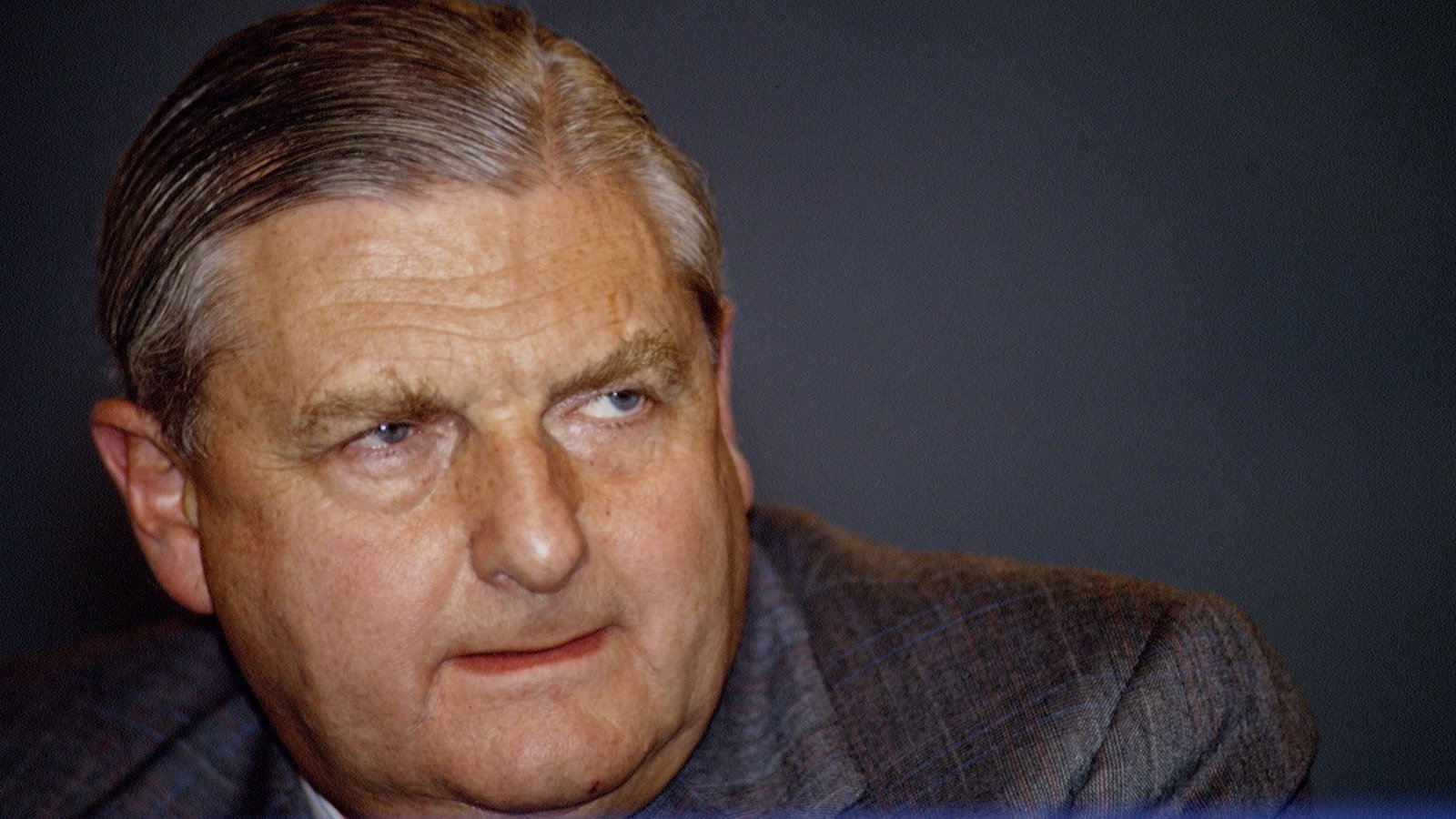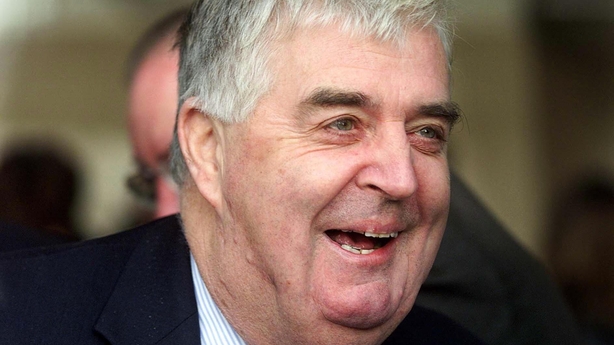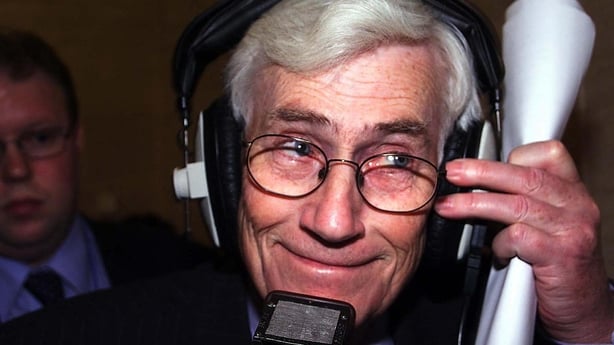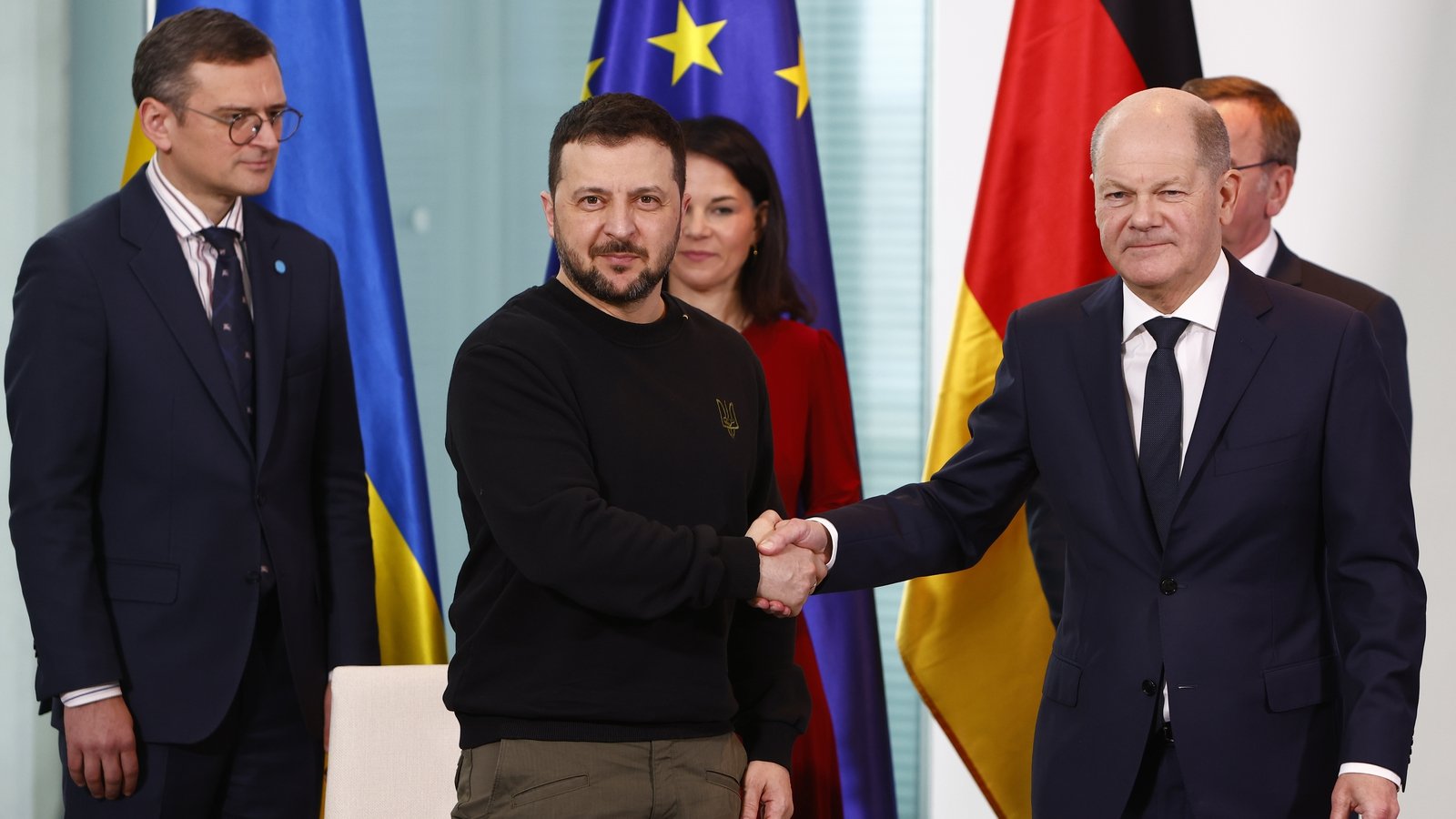Chairing multi-party talks in NI a ‘hateful’ experience

Chairing multi-party talks in Northern Ireland was a “hateful” experience, with the two governments suffering like “toads under the harrow”, Patrick Mayhew complained in March 1997.
Just a month before the British general election, the northern secretary was in no doubt about the outcome – Labour would win, he told Irish officials, and he would be replaced by Mo Mowlam, whom he described as “a good egg”.
He was speaking at a farewell dinner at the Anglo-Irish Secretariat in Belfast.
Irish joint secretary David Donoghue reported to Dublin that Mayhew “reflected bleakly” on the progress of multi-party talks, which he was clearly relieved to be leaving behind, complaining in particular about “the rudeness and incivility” of the DUP and Robert McCartney’s UK Unionist Party.
The talks, he said, had exposed “a vein of evil and poison” in Northern Ireland politics and society. He was critical of UUP leader David Trimble, “a deeply insecure leader who had no real interest in reaching an accommodation”. However, he thought the UUP deputy leader, John Taylor, was “an amiable villain” with whom he could do business.

In reflective mood, Mayhew admitted that he had been interested in the northern secretary job because he thought it would be “a relatively undemanding assignment in a quiet backwater of Government”. Instead, he had been “pitched immediately into multi-party talks, followed by the peace process, and the post had taken on an extremely intense and demanding character.”
Mayhew paid tribute to his Irish opposite number, Tánaiste Dick Spring: “They had managed a series of very solid achievements during their time in office together. Sir Patrick believed that, in consequence, relations between the two Governments had never been stronger than they were at present.”
Relations between Mayhew and Dublin had not always been so positive, however.
In May 1992, just a month after becoming northern secretary, Mayhew wrote to the then-minister for foreign affairs, David Andrews, to complain about his criticism of the behaviour of the Parachute Regiment in Coalisland. Mayhew said the comments were “very unhelpful and also surprising to me… The tone of your remarks… really does not seem to me appropriate as between colleagues…” Andrews sent a relatively restrained reply, suggesting that Mayhew’s response was “unfortunate”.
The Irish ambassador to London, Joseph Small, took a much harder line, complaining to the head of the Northern Ireland Office, John Chilcot, that Mayhew’s letter “had a very colonial, master/servant flavour and was not of the kind you would expect from a Minister of one sovereign Government to another. Having read what our Minister had said in the Dáil I was absolutely convinced that there was no justification for such an outburst… it was an act of extreme folly for Mayhew to address our Minister in such an insensitive and intemperate way”. Chilcot responded that Mayhew had written the letter himself, and that he was “a very direct man”.

The northern secretary wasn’t popular with Seamus Mallon of the SDLP either – shortly after the row over the letter to Andrews, Mallon made clear his “growing dislike and mistrust of him. He told us that this view of him is shared by civil servants at Stormont. Three of the epithets which cropped up most frequently in conversation were ambitious, arrogant and insensitive…”
Mayhew did his best to get on side with the Irish, telling ambassador Small in June 1992 that much of what was written about him was “total nonsense”, adding that he had “grown up with a detestation of the ‘Black Protestants’ in Northern Ireland”. Small added that “it was clear from what he said that he had been stung by the public criticism attending his appointment”.
The following month, Mayhew sought out another Irish diplomat, Joe Hayes, at a reception to reject accusations that he had not been even-handed in his chairmanship of talks with the Northern parties. “He had a clear conscience on his handling of the talks. He did not feel it necessary to defend his probity to anyone…” But of course, he just had!
Mayhew’s defensiveness is understandable, given the widespread perception that the British government was favouring the Ulster unionists in return for their support in the House of Commons, where John Major had a precarious majority.
In November 1993, ambassador Small reported to Dublin that “this Government’s policy towards Northern Ireland will, for the foreseeable future… be governed by the need to keep vital Official Unionist Party support on side… it is difficult to see him [Major] taking any serious risks with his Northern Ireland policy”. This assessment turned out to be somewhat off the mark – just a month later, Major and Albert Reynolds announced the Downing Street Declaration, which paved the way for the first IRA Ceasefire the following August.
While the Ulster unionists were closely linked to the Conservative Party, the SDLP were supposed to support the opposition Labour Party. But the four SDLP MPs frustrated the Labour Whip’s office by failing to turn up for votes.
West Belfast MP Joe Hendron was a particular problem, as he was trying to keep his medical practice going, leading to erratic attendance at Westminster. Labour spokesman Kevin McNamara told the Irish Embassy that Hendron’s wife had rung the Labour whip to say her husband had suddenly fallen ill and couldn’t travel to London for a vote. However, when the whip called him back, “a Hendron child told him that daddy and mammy had gone out and were not expected back”.
By David McCullagh and Shane McElhatton
[Based on documents in 2022/45/68, 2022/48/627, 2022/48/654]



